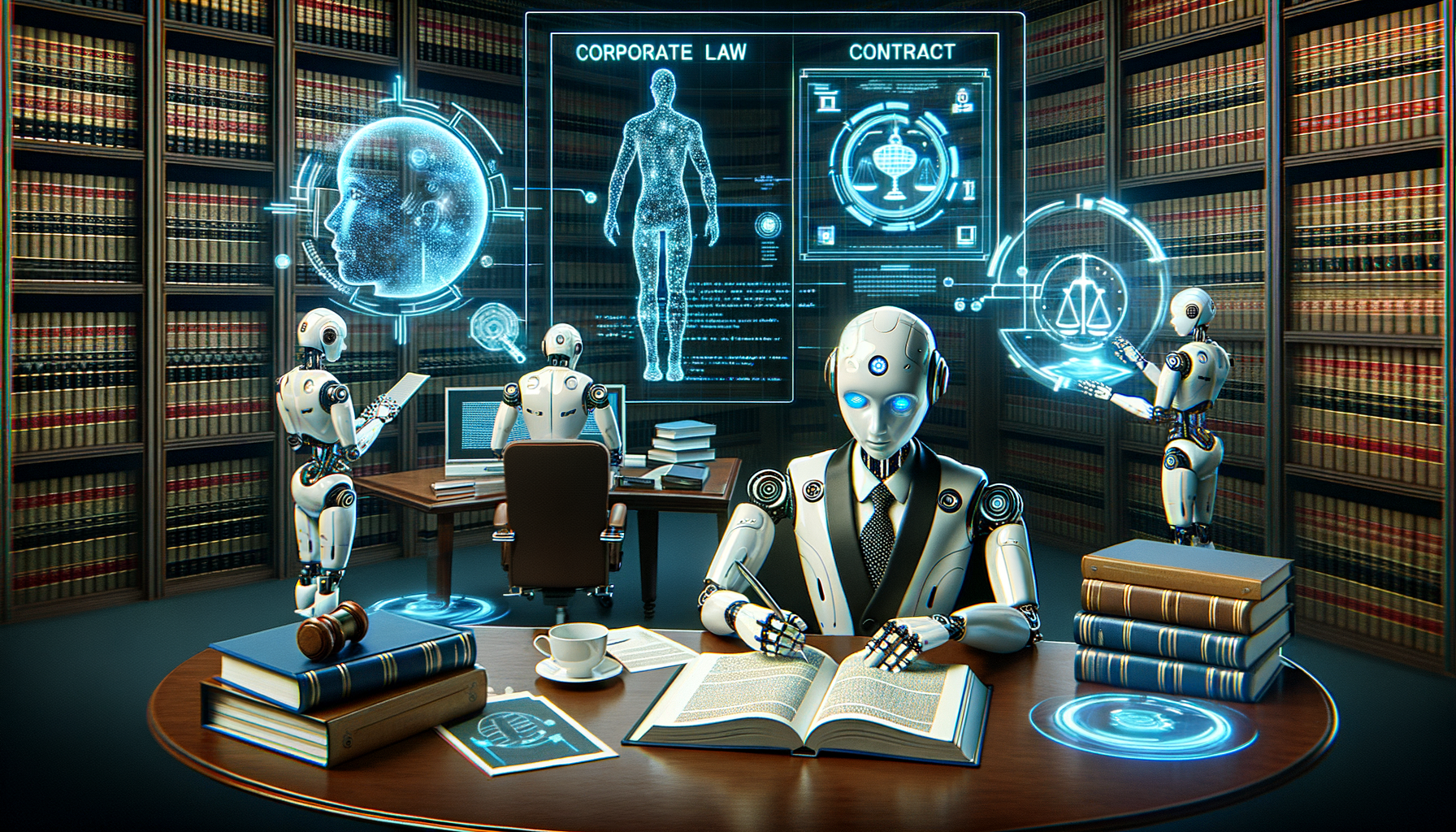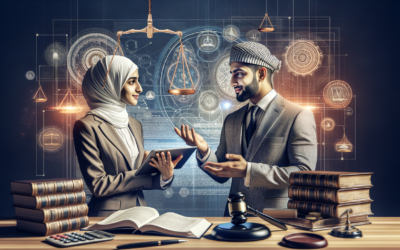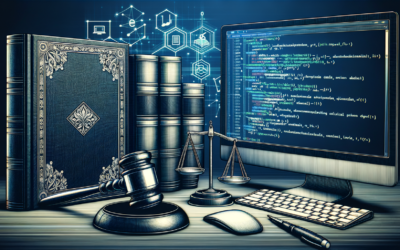Ia In Company Law
The integration of artificial intelligence (AI) is revolutionizing various business sectors, and corporate law is no exception. The advent of AI solutions in this field is providing lawyers, attorneys and companies with unprecedented tools to face the challenges of legal modernity.
What is AI in corporate law?
AI in corporate law refers to the use of algorithms and computer programs capable of mimicking human reasoning processes to optimize the management of a company’s legal affairs. This includes the automation of repetitive tasks, predictive analysis for strategic decisions, and decision support in complex situations.
Automation and contract management
At the heart of AI in corporate law is contract management. Platforms such as Contract Lifecycle Management are transforming the way legal documents are created, reviewed and analyzed, saving considerable time and accuracy.
Accelerated due diligence
Automated due diligence is another area of application for AI. It facilitates detailed examination of documents during transactions and audits, quickly identifying risks and opportunities.
Predictive Analysis
Legal analytics, combined with artificial intelligence, enables better prediction of legal outcomes. This helps companies to anticipate decisions and position themselves strategically on litigation or compliance issues.
AI and decision-making
AI can help interpret mountains of data to draw relevant conclusions. Tools such as Legal Project Management leverage this data to optimize costs and resource management in legal projects.
Compliance and GRC
In governance, risk and compliance(GRC), AI offers real-time monitoring and alerts on legislative changes directly impacting a company’s activities, enabling it to remain compliant at all times.
Regtech
Regtech, at the intersection of regulation technology and AI, promotes better management of regulatory requirements and operates as a key ally for the heavily regulated financial sector.
Frequently asked questions
Here is a list of frequently asked questions for AI in corporate law.
How important is AI in contract drafting?
AI plays a key role in standardizing drafting processes, reducing the risk of errors and ensuring that documents comply with current standards.
How does AI contribute to due diligence?
It speeds up document review and effectively identifies risky clauses or crucial information that could influence decision-making.
Can AI predict legal outcomes?
Thanks to predictive analytics and the predictive justice model, AI can make projections based on historical data, but these predictions should be used as indicators and not as final verdicts.
Is AI in corporate law replacing lawyers?
AI assists legal practitioners by automating repetitive tasks and providing analytical support, but it does not replace a lawyer’s judgment and expertise in interpreting laws and defending a company’s interests.
What are the ethical challenges associated with the use of AI in law?
The question of the impartiality of algorithms, their transparency and the protection of personal data are major challenges. It is crucial to ensure that AI systems are used responsibly and ethically.
In short, the integration of AI into corporate law is asserting itself as a transformative vehicle offering undeniable advantages in terms of efficiency, accuracy and innovation. However, this integration must be carried out with discretion, to respect the regulatory and ethical frameworks of company law.




